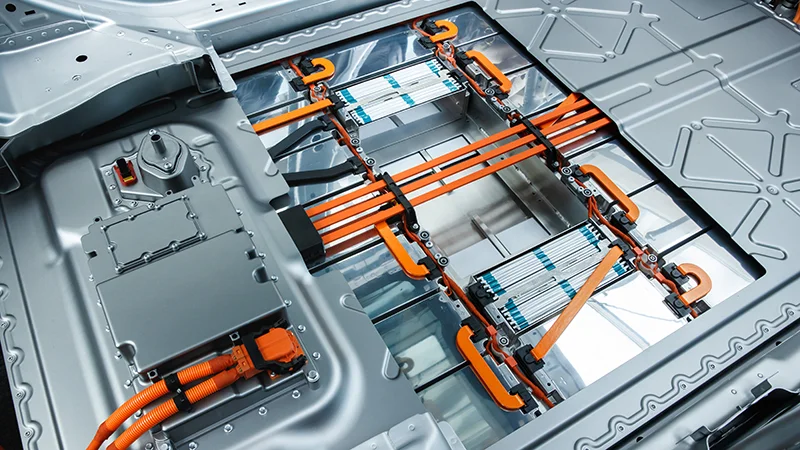Climate change is a top priority on the global agenda and is impacting the way all industries operate and are regulated or governed. The 2016 Paris Agreement set out to limit temperature increases to “1.5 °C above pre-industrial levels”, with an end goal of restricting the increase in the global average temperature to “well below 2 °C above pre-industrial levels”.1
In response to this, 18 governments around the globe have joined the Net-Zero Government Initiative (NZGI). Countries that commit to the NZGI must pledge to achieve net-zero emissions by 2050, and must also publish a roadmap for achieving this, with set targets based on each country’s individual context.2
In light of these initiatives and targets, the race is on for researchers to develop efficient and scalable renewable energy sources, to reduce the global reliance on fossil fuels. Battery performance is one key area of innovation and improvement, with the global battery market expanding at a rapid pace. Valued at nearly $112 billion in 2021, it is forecast to quadruple to $424 billion by 2030.3
Read more in TechnologyNetworks
The views and opinions expressed are those of the author’s and do not necessarily reflect the official policy or position of C3.
